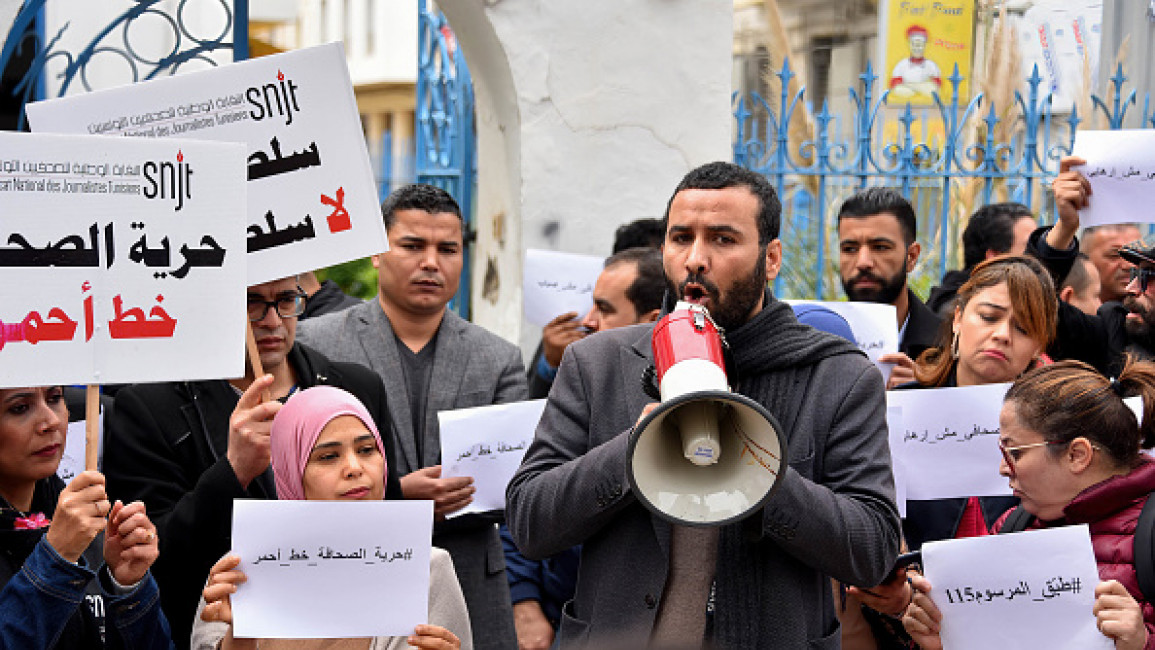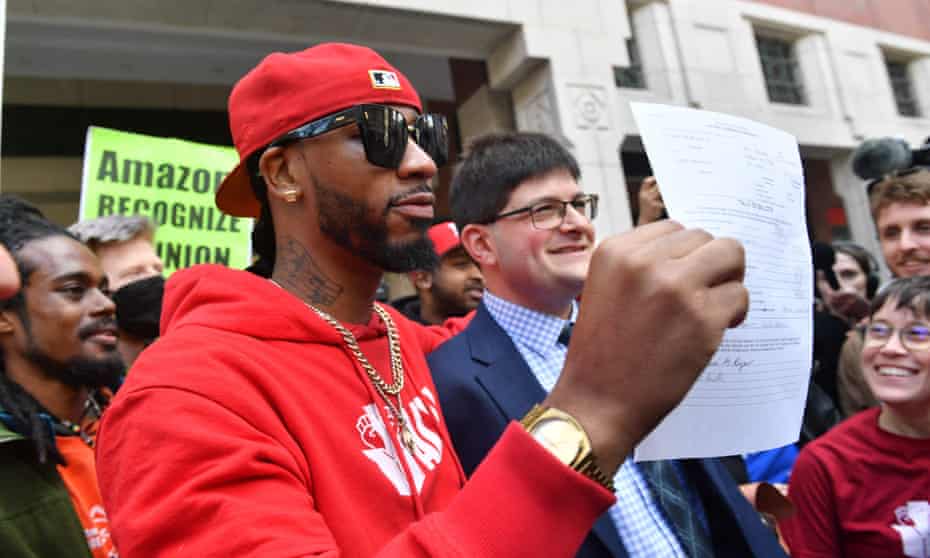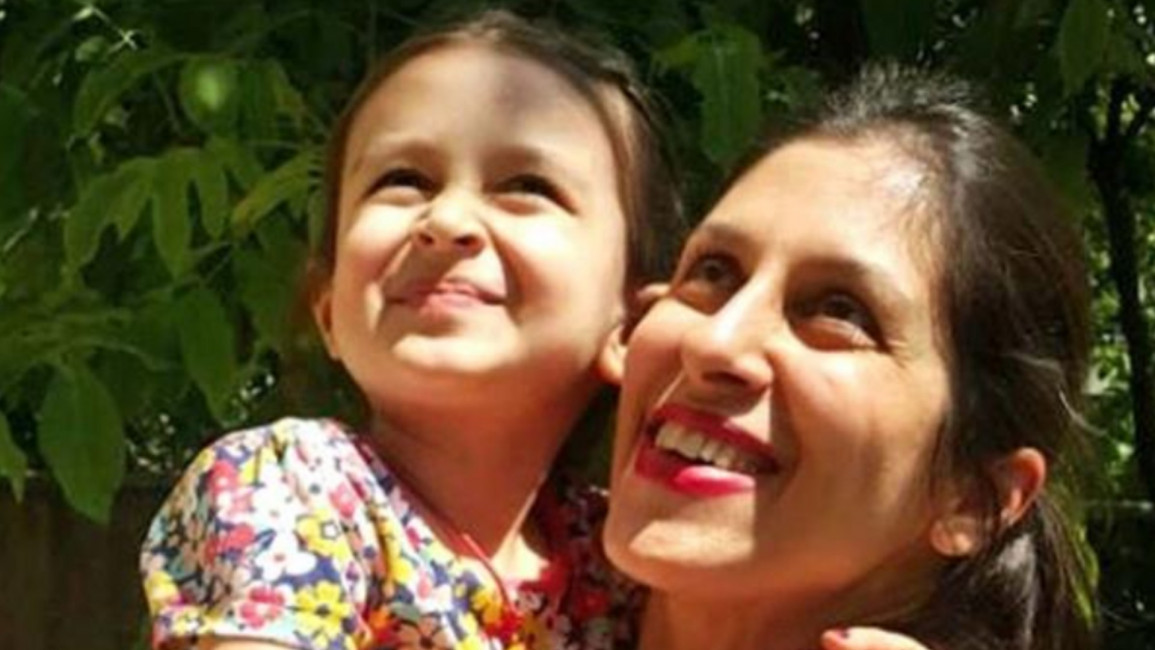Renowned Seraiki poet and writer Dr Ashu Lal refused to accept the Kamal-i-Fun Award having the prize money of Rs1 million announced by the Pakistan Academy of Letters on Thursday.
He was selected for the award by a committee of PAL and the announcement in this regard was made at a press conference by Dr Yousuf Khushk, chairman of the academy. Urdu novelist and travelogue writer Mustansar Hussain Tarar is the other author who got the highest award of the country besides Ashu.
After the award was announced, Dr Ashu Lal took to social media and announced his refusal to accept the award in a post made in Seraiki. He said: “I express my gratitude to friends. I refuse to accept the award. I have not sent any of my books to the Academy of Letters. In my opinion, my refusal (to accept the award) is more precious. My literary activism for the last 40 years is my reward (as a writer). Don’t want to live in brackets. Thank you.”
When asked by Dawn the motive behind his move, Ashu Lal said: “The deep state is oppressing the natives, our resources and our culture. Our children go missing under the fascist regime. The natives are ignored badly. How can we accept the award from an anti-people and anti-art state?”
He says the awards are mostly politically motivated and they have become controversial, limited only to photo sessions. He asserts that he doesn’t have anything to do with the deep state in government, literature or culture. He considers it degrading for himself to accept an award from a president in the current regime who does not even know him.
Born on April 13, 1959, he was named Muhammad Ashraf but adopted the sobriquet Ashu Lal, which was given by his mother, when he started writing in the Seraiki language. He is a medical doctor by profession. After completing his MBBS from the Quaid-i-Azam Medical College, Bahawalpur, he served as a doctor across the region, at times working in places where no doctor would like to go. He retired from his job two years back. Since then he runs a clinic at Karor Lal Esan tehsil of Layyah district where treatment is free for the poor.
“I am 62 years old. Since my youth, I have believed in literary activism only. By accepting an award from the current exploitative regime, how can I waste my struggle of 45 years of writings in Seraiki and Urdu?” he emphasises.
When asked about sending any books to PAL for the award, Ashu says that his friend had sent a book on his own way back in 1997 and except that he never sent any book to the academy.
Expressing his gratitude to those who considered him worthy of the award, he says he refuses to accept the award because the state is not taking care of the rights of the natives and it is exploiting their resources. We (Seraiki region) are being kept backward financially and culturally.
“I am not against any mother tongue or regional language. I urge the Punjabi-speaking people to adopt Punjabi medium in schools,” he clarifies, adding that the state’s policy of not giving education to the people in their native tongue is a tactic to keep them backward. He says he is following the resistance of Bulleh Shah and Kabir.
Explaining what he means by ‘living in brackets,’ Ashu quotes Jean Paul Sartre, saying he had refused to accept the Nobel Peace Prize because he did not want to become a bracketed writer (institutionalised was the word used by Sartre).
Ashu Lal is currently engaged with the PPP South as the president of its cultural wing. He argues that his objective is to achieve cultural harmony and satisfy his inner self and that he has a commitment to himself.
“I am working with the native people. We arrange poetry sitting and cultural events and get connected to our land and share our thoughts about it. That’s our way to resistance. The fishermen in river Sindh are struggling to survive. Water crisis is a big issue in the whole world but here it is ignored.”
Ashu Lal suggests that cultural and literary bodies of the country should do something practical. Zulfikar Ali Bhutto had started doing it. PAL was founded by him. He had organised a big symposium at Moenjo Daro and then he was hanged.
Speaking about the power of culture, he says the Fasting Buddha on its own can save Pakistan, given the number of Buddhists in the whole world but our state has done the greatest damage by using the religion card.
Dr Ashu Lal says that the country has turned into a fascist state, which commits “brain robbery” against children through syllabi and textbooks. He adds that brain robbery takes away the power to think in the younger generations and then the state easily usurps resources.
His Seraiki poetry books include Chairroo Hath Nah Wanjli (The Shepherd without a Flute), Gautam Naal Jhairra (Arguments with Gautam), Kaan Wassu Da Pakhi Aey (Crow is Bird of Human Abode), two editions of Sindh Sagar Naal Hameshaan (Always with River Sindh), Jaal Maloti (A Meeting Place) and two collections of short stories, Abnormal and Bairri (Boat). Another collection of his short stories is being published.
Originally published in Dawn, April 2nd, 2022









